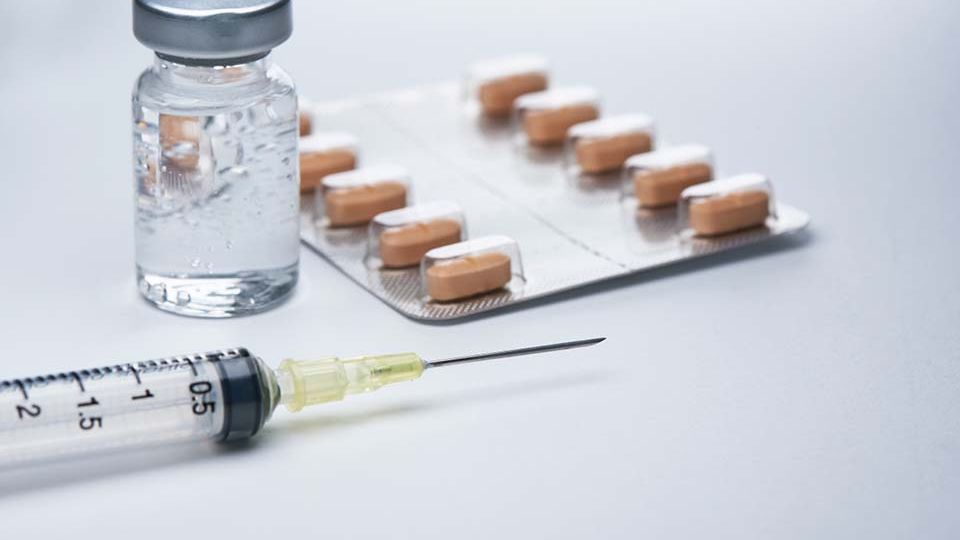July 15, 2024
SEOUL – Illegal sales of fentanyl, a potent and highly addictive opioid, have increased significantly in South Korea, raising concerns among authorities and the public alike.
Data obtained by Rep. Kim Yoon of the Democratic Party reveals that there were 202 online cases of illegal fentanyl sales detected by June 27 this year. This figure is 3.2 times higher than the 62 cases reported throughout the entire previous year.
Fentanyl, while used medically as a powerful painkiller, is highly addictive even in very small amounts. In the United States, the drug has garnered a notorious reputation, with users, many of whom became dependent while taking the drug on prescription, often observed wandering the streets in a zombie-like state.
In South Korea, medical regulations stipulate that narcotic analgesics like fentanyl should only be prescribed to patients aged 18 and above in most cases.
However, some teenagers have been receiving prescriptions for fentanyl patches. According to data from the Ministry of Food and Drug Safety, 383 individuals aged 19 or younger were prescribed fentanyl patches last year.
Cha Gyu-han, Director of the drug safety planning division at the Ministry of Food and Drug Safety, explained, “Medical narcotics are essential for use in medical settings for purposes such as preoperative anesthesia, alleviating anxiety symptoms, and managing cancer or chronic pain.”
The ministry has been actively combating the illegal distribution of narcotic drugs like fentanyl on platforms such as Telegram and the dark web.
Upon detection, the ministry requests the Korea Communications Standards Commission to block access to the offending sites. However, the clandestine nature of these transactions, often conducted on the dark web with buyers and sellers using coded language, makes enforcement a challenging task.
Rep. Kim emphasized the need for more efficient measures, stating, “Even when the ministry identifies illegal online sales of narcotic drugs, there is a significant delay before the commission blocks the sites. There should be an improved system allowing the commission to immediately act upon requests from the Ministry of Food and Drug Safety once violations are proven.”


